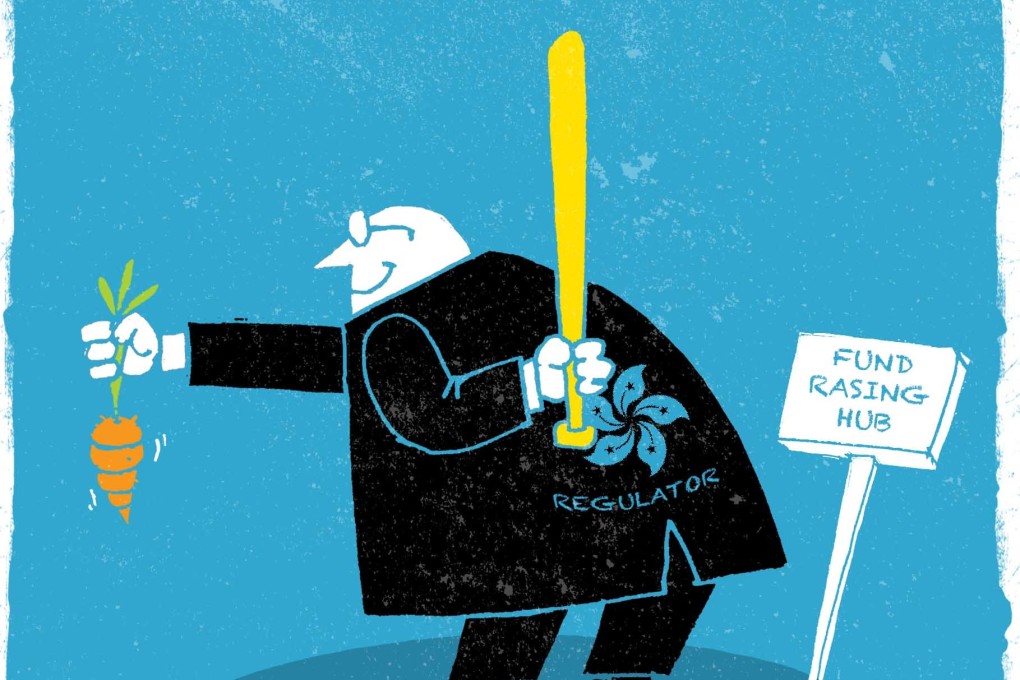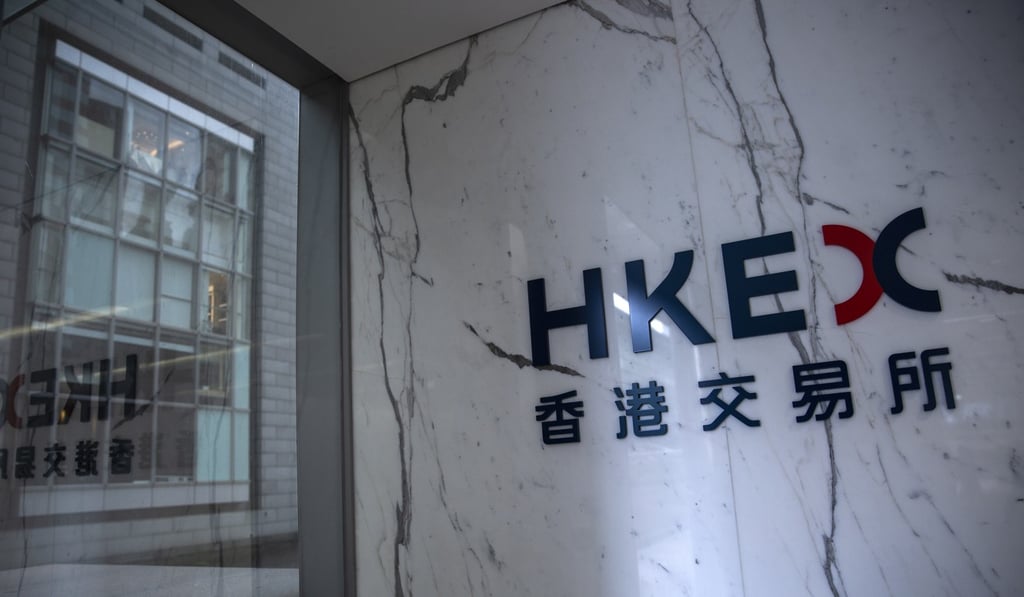Can Hong Kong’s carrot and stick approach prove effective in improving stock market quality?
- Market participants are in favour of stringent regulatory action to improve market quality as it will encourage further investment
- While the HKEX has initiated a three-year plan to make it the market of choice in the Asian time zone, the SFC has been wielding its cudgel to get participants to toe the regulatory line

Hong Kong’s carrot and stick approach to clean up misconduct and reforms to attract new listings has the support of international institutional investors, as the city aims to become Asia’s go-to stock market.
The SFC’s action came after bourse operator Hong Kong Exchanges and Clearing unveiled its three-year strategic plan on February 28 to boost Hong Kong’s status as a fundraising hub for Asia-Pacific companies, bolster its gateway role for mainland investment and become the market leader in the Asian time zone.
Last April, the HKEX carried out its largest ever listing reform to attract multiple-class shareholding tech companies and pre-revenue biotech companies.

“As one of the active asset managers with operation in Hong Kong, we think the enforcement actions by regulators are constructive to investors, as these can ensure the quality of Hong Kong-listed companies and maintain the reputation of Hong Kong financial market,” said Raymond Chan, chief investment officer of equity for Asia-Pacific at Allianz Global Investors, which manages €505 billion (US$567 billion) of assets.
Financial Secretary Paul Chan Mo-Po told the Post that the SFC and HKEX have the government’s full support.